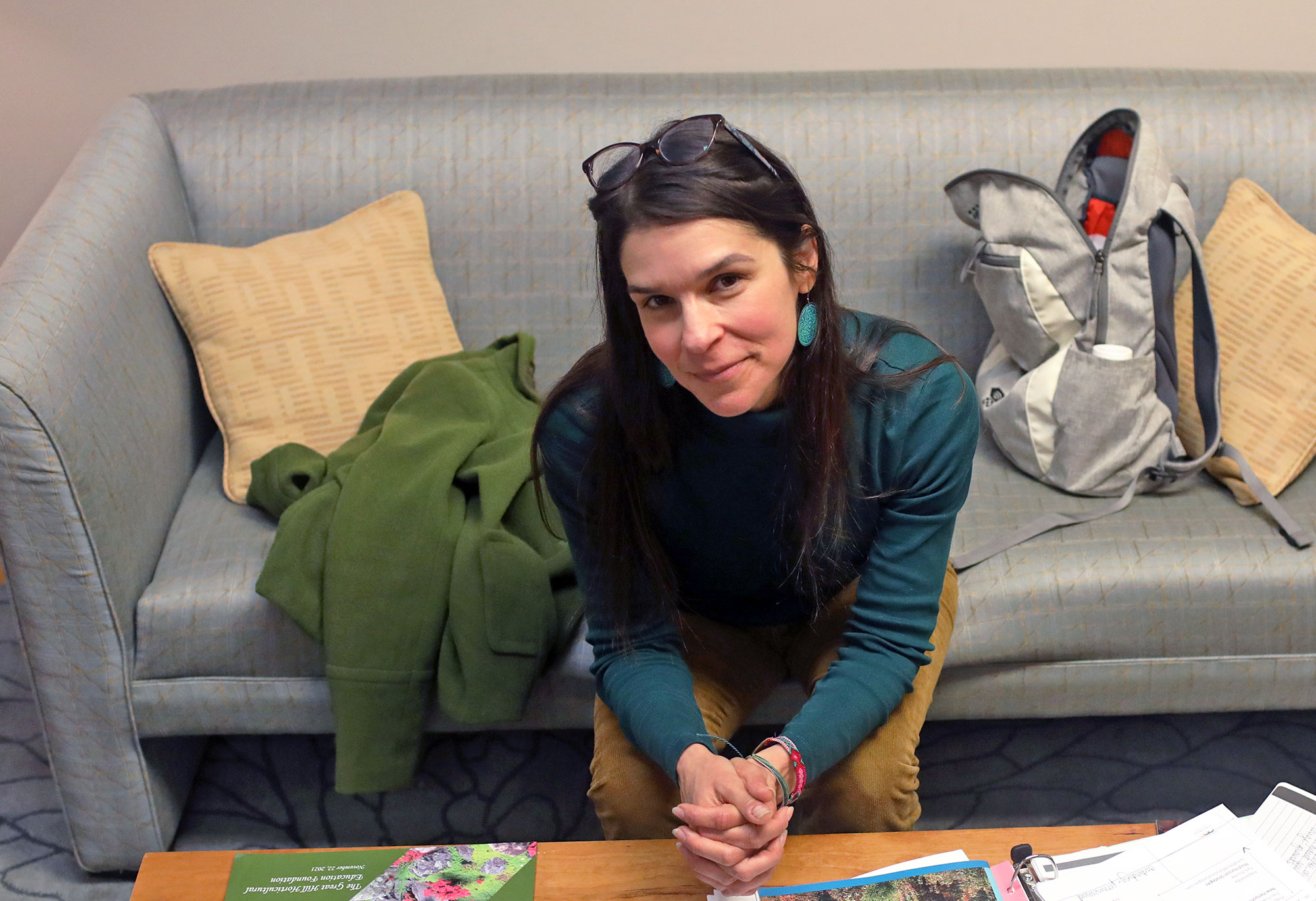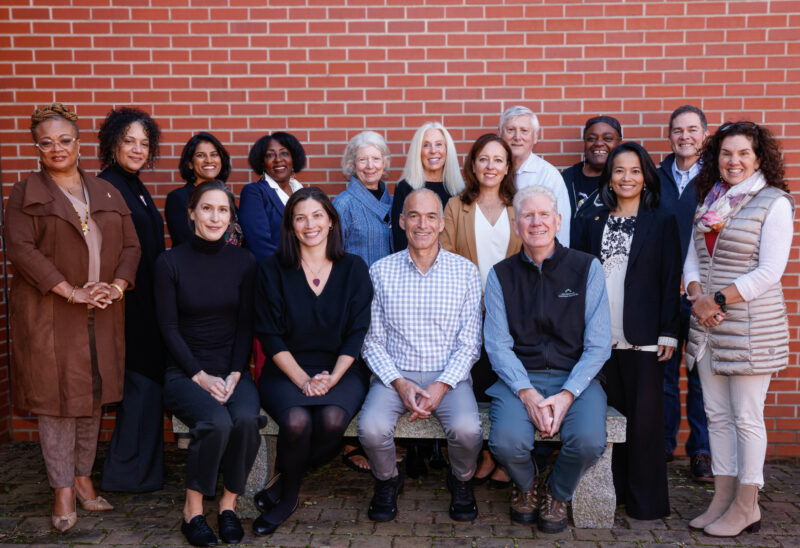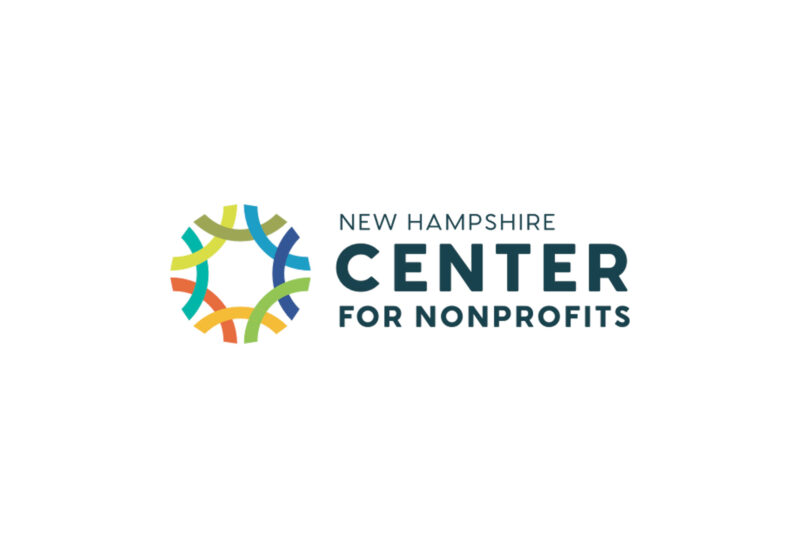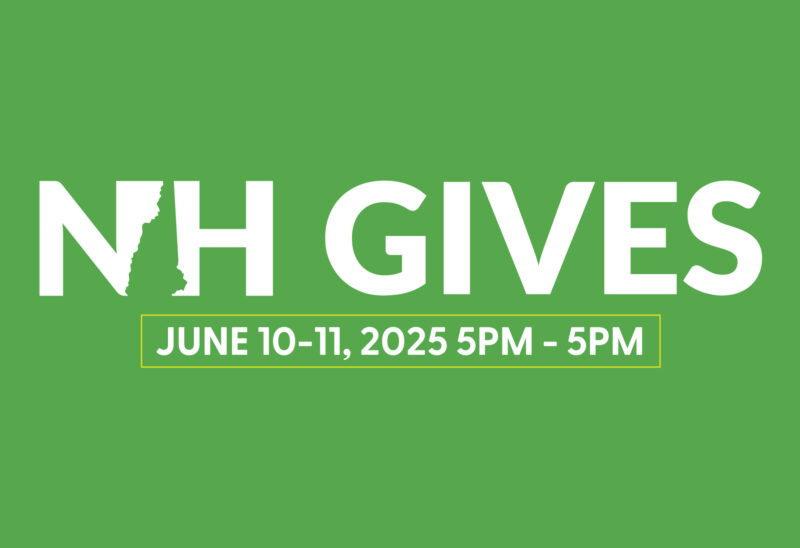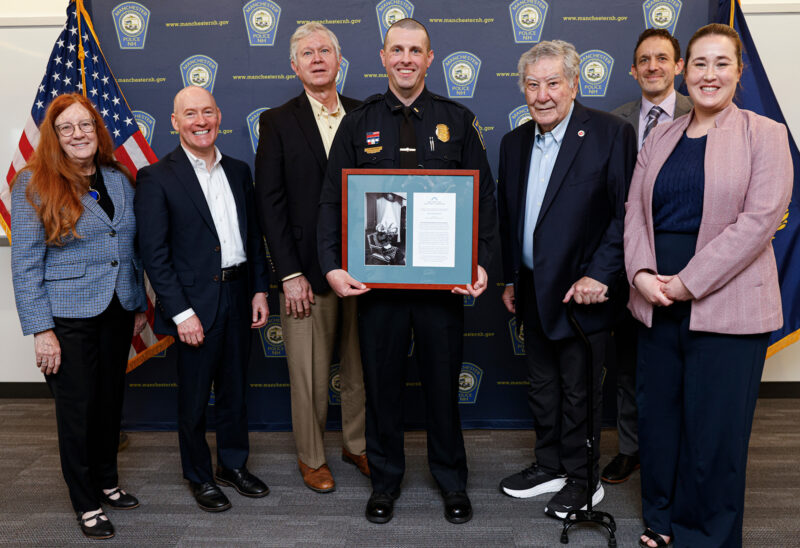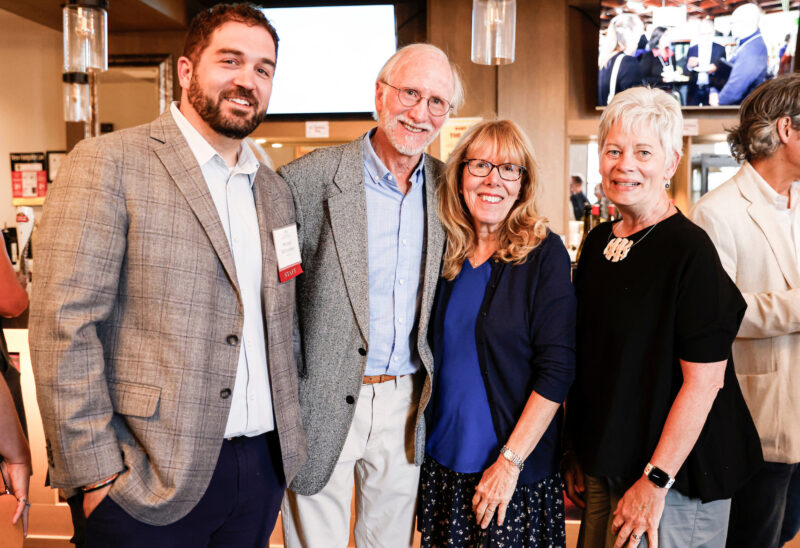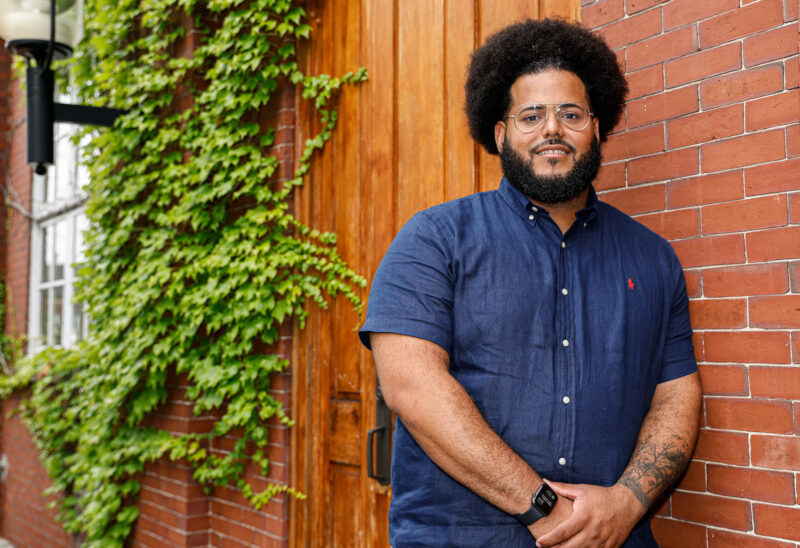New Hampshire’s 2021 Youth Risk Behavior Survey (YRBS) data has recently been released. As is the case nationally, our statewide data show that our young people are in need of help and hope. Behavioral health challenges among New Hampshire’s children and adolescents are real, and they are widespread. But importantly, they are also treatable, and oftentimes preventable. Prevention works, treatment is effective and people recover.
The YRBS is a critical tool to help us all ensure the health and well-being of young people in New Hampshire. In fact, it is the only state and national dataset that tells us about youth health risk factors over time, by collecting data on behaviors.
The YRBS, administered every two years with collaboration from the New Hampshire Departments of Health and Human Services and Education and from local schools, is an anonymous and voluntary survey that measures health risk behaviors among young people in key areas, such as alcohol and drug use, tobacco use, violence, mental health and more. Survey procedures are explicitly designed to protect the privacy of students by allowing for anonymous and voluntary participation, and parents can review the questions before their youth participate.
In 2021, the Youth Risk Behavior Survey was completed by 13,757 students in 69 public high schools in New Hampshire. The school response rate was 85%, the student response rate was 78%, and the overall response rate was 66%. The results are representative of all students in grades 9-12. The release of 2021 results was delayed by the pandemic; 2023 data collection is now underway at schools across the state.
Sadly, the reality is that even before the COVID-19 pandemic began, the behavioral health picture for U.S. children and adolescents was troubling. (Behavioral Health describes the connection between a person’s behaviors and the health and well-being of the body and mind.) National data from 2018–2019 estimated that 22 percent of children aged 3–18 had a mental, emotional, developmental, or behavioral disorder (Perou et al., 2013; Bitsko et al., 2022; CDC, 2022f). These factors all worsened or became increasingly visible during the pandemic. Over the past three years, children and youth have been confronted with illness and/or death within their families or communities; experiences of fear and perceived threat; economic and social instability; and physical and social distancing from loved ones, friends, school, and communities, putting them at increased risk of depression and anxiety.[1] The negative effects of the use of social media and of online bullying have also been well-documented.
Additionally, we must not overlook the impact that the opioid epidemic has had, and continues to have, on communities and on our young people. Each person who struggles with addiction, who experiences an overdose, who becomes incarcerated, or who sadly loses their life — is part of a family. They are brothers, sisters, cousins, aunts, uncles, children, and parents. Our children have been, and continue to be, the secondary victims of the opioid epidemic which, if rates continue on their current trajectory, is anticipated to claim the lives of more than 450 Granite Staters this year.
State and community partners are at work analyzing our 2021 YRBS data. Some key highlights:
- More than 44% of students reported feeling sad or hopeless about themselves in 2021, which is a substantial increase compared to 34% in 2019. It is important to note that female students reported feeling sad or hopeless at higher rates — 57.5% (2021) vs 43.9% (2019), as did Hispanic students — 52.4% (2021) vs 40.9% (2019).
- 25% of students reported seriously considering suicide in 2021, which is an increase from 18% in 2019. Again, important to note that female students reported seriously considering suicide at higher rates — 32% (2021) vs 22.5% (2019), as did Hispanic students — 28.3% (2021) vs 24.6% (2019).
These indicators of youth in crisis are alarming and our most urgent reminder to remain laser-focused on New Hampshire’s work to implement a coordinated array of services, including prevention and early intervention, residential levels of care, as well as crisis stabilization, and recovery supports for our young people. This coordinated array of services is what’s known as a Children’s System of Care. Significant progress has been made, including the statewide expansion of 24/7 mobile crisis supports for youth/adults, wraparound and intensive home-based services, family and youth peer supports, and innovative approaches to reducing stigma.
- In regard to NH youth substance use, 2021 YRBS results show decreases in reports of use.
- 16% of students reported that they are currently vaping or using an electronic vape product in 2021, which is down substantially from 34% in 2019.
- In 2021, 21% of students said they drink alcohol compared to nearly 27% in 2019. Similarly, 11.2% of students said they were binge drinking in 2021 compared to 14.4% in 2019.
- 17.8% of students reported currently using marijuana, compared to 26% in 2019.
While this is good news, experts caution that social isolation may have affected young people’s access to substances. It is suspected that as youth re-engage with peers in social settings, this may change and will need to be closely monitored. Strategies being implemented in New Hampshire, such as peer-based youth recovery supports and student assistance programming are important elements of addressing youth use, and must continue to be scaled across the state. For parents and caregivers, avoiding scare tactics and talking regularly with your child using factual prevention messaging and drug education can make all the difference. Keeping the lines of communication open is key.
To effectively address complex conditions such as addiction and suicidality, an integrated approach to care is critical. Thanks to the steadfast work of many people, key statewide plans on substance misuse and mental health have created roadmaps to do just that, and work is underway.
And gathering and analyzing data, as is done with YRBS, is critical to creating effective strategies and treatments for our young people and communities. The Charitable Foundation is proud to have provided resources, starting more than a decade ago, to support the implementation of the YRBS.
Statewide 2021 YRBS Data Reports can be found here. Regional reports are available here.
If you or a loved one is experiencing a mental health or substance use crisis, help is available 24/7. Call or text 833-710-6477, or visit www.nh988.com
Finding the right support isn’t always easy and knowing where to start is often the hardest part. The NH Children’s System of Care Advisory Council maintains a growing statewide resource list. A searchable list can be found here: https://nhcsoc.org.

